Your Baby’s First Milestones: Hearing and Sounds

Your baby’s first few months are filled with little moments that mean big things—especially when it comes to hearing and communication. Between one and three months, your baby begins to connect with the world of sound in wonderful new ways.
You may notice your baby smiling when they hear your voice, turning toward familiar sounds, or beginning to babble and coo. These sweet moments aren’t just adorable—they’re the foundation of speech and language development.
Recognizing the Sound of Your Voice
From day one, your baby is naturally tuned in to the human voice—especially yours! Just as babies prefer looking at faces, they also prefer listening to voices over other sounds.
They quickly learn to recognize the voices they hear most often, associating them with warmth, food, and comfort. That’s why when you talk, they may respond with a smile or wiggle with excitement.
You might also notice that you instinctively raise your pitch, slow down your words, and exaggerate your expressions when speaking to your baby. This “baby talk” (sometimes called parentese) naturally grabs their attention and helps them begin to understand the rhythms of language.
By around one month, your baby can even recognize your voice from another room—a clear sign that their hearing and memory are developing beautifully.
Having Your First Conversations
Talking with your baby is one of the most meaningful things you can do to support their development. When you chat, smile, and respond to their coos and gurgles, you’re teaching them the basics of how communication works:
- Taking turns
- Using tone and facial expressions
- Listening and responding
At around two months, many babies begin cooing—making vowel sounds like “ahhh” or “oohhh.” Try responding by repeating those sounds back or adding simple words like “hi” or “mama.” These playful exchanges are your baby’s very first “conversations.”
By about four months, your little one may start babbling with combinations like “muh-muh” or “bah-bah.” They may even entertain themselves by experimenting with new sounds! You’ll also notice they begin responding more to the tone of your voice—smiling when you sound happy or startled if you raise your voice.
How You Can Help Your Baby Learn
Here are a few simple ways to nurture your baby’s early listening and speech skills:
- Talk often. Describe what you’re doing throughout the day—feeding, changing, playing, or getting ready for a walk.
- Read together. Even newborns benefit from hearing stories. Reading aloud helps your baby learn the sounds and patterns of language.
- Sing songs. Rhythm and repetition make it easier for babies to pick up on sounds.
- Make eye contact. Your baby learns a lot about communication from your facial expressions and tone.
- Respond to their coos. When your baby makes a sound, respond with words or imitation. It reinforces that their voice matters!
As your baby learns to recognize your voice and respond with smiles and sounds, they’re not just learning how to talk—they’re learning how to connect. These early moments lay the groundwork for language, emotional understanding, and social development.
If you ever have concerns about your baby’s hearing or speech development, talk with your pediatrician. Early screening and support can make a big difference. At Augusta Pediatric Associates, we’re here to celebrate every milestone with you—from those first coos and giggles to their very first words.
For questions, to book an appointment, or any other concerns, Augusta Pediatrics can be reached at (706) 868-0389. The information on this site is not intended or implied to be a substitute for professional medical advice, diagnosis or treatment. All content, including text, graphics, images and information, contained on or available through this web site is for general information purposes only.

Leave a Reply